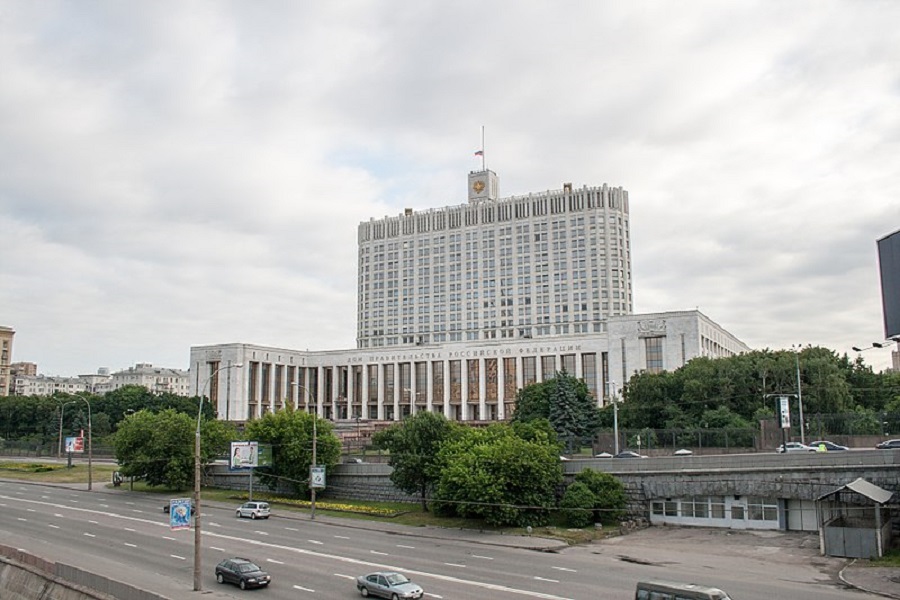

The Pension Fund of the Russian Federation (PFR) is planning to implement blockchain technology to keep track of information related to contracts and other labour relations between employers and employees.
The fund has various objectives when planning to introduce blockchain. The primary purpose is to reduce the cost of storing and servicing the massive amount of data it manages, according to Russian news outlet Izvestiya.
The government plans to implement Ethereum-based smart contracts to be used as the legally-binding document that establishes the labour relationship between employers and employees.
Russian officials told Izvestiya they believe the new system will provide workers with protection from “negligent employers who violate current legislation when concluding contracts”.
“The introduction of smart contracts into labour relations will allow in the future to refuse compulsory conclusion of them in paper form, but to have information about them at any time, as it happens today with the right to real estate,” the PFR – Russia’s most extensive social service – says.
More than 465,000 Russian citizens lodged complaints in 2017 claiming their employers had violated their labour rights. The government responded to those complaints by slapping fines on business totalling over $293 million.
Alexander Shcherbakov, Professor of the Department of Labor and Social Policy of the Institute for Public Administration and Management of the Russian Academy of Science and Technology, says labour violations in small and medium-sized businesses are widespread. He says blockchain technology will help reduce violations and aid in monitoring contractual compliance by employers.
The move to put employees records on the blockchain is part of a massive labour sector overhaul that includes raising the age of retirement. Currently, women can retire at age 55 and men at 60. According to plans, by 2034, the minimum age for women to retire will be 63. Men’s retirement age will be raised to 65 by 2028.
The renovation also includes storing all employment records online beginning in 2020, Russia Prime Minister Dmitry Medvedev recently revealed. All necessary data will also be shared with the PFR, Medvedev added.
Denver, Colorado, 24th February 2025, Chainwire
Denver, Colorado, 20th February 2025, Chainwire
Washington, D.C., 18th February 2025, Chainwire
Dubai, UAE, 27th January 2025, Chainwire
Those who enter the market at this time may be surprised to hear that Bitcoin…
George Town, Grand Cayman, 22nd November 2024, Chainwire